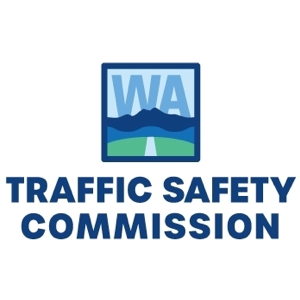The Washington Traffic Safety Commission (WTSC) is Washington state’s designated highway safety office as codified in RCW 43.59. The WTSC Director is the Governor’s Highway Safety Representative, which is a designated position each state is required to have in order to qualify for federal traffic safety funding. At publication time, the Commission was composed of ten Commissioners chaired by Washington Governor Jay Inslee, and supported by 29 employees.
The commission hosts meetings quarterly, and as needed.
